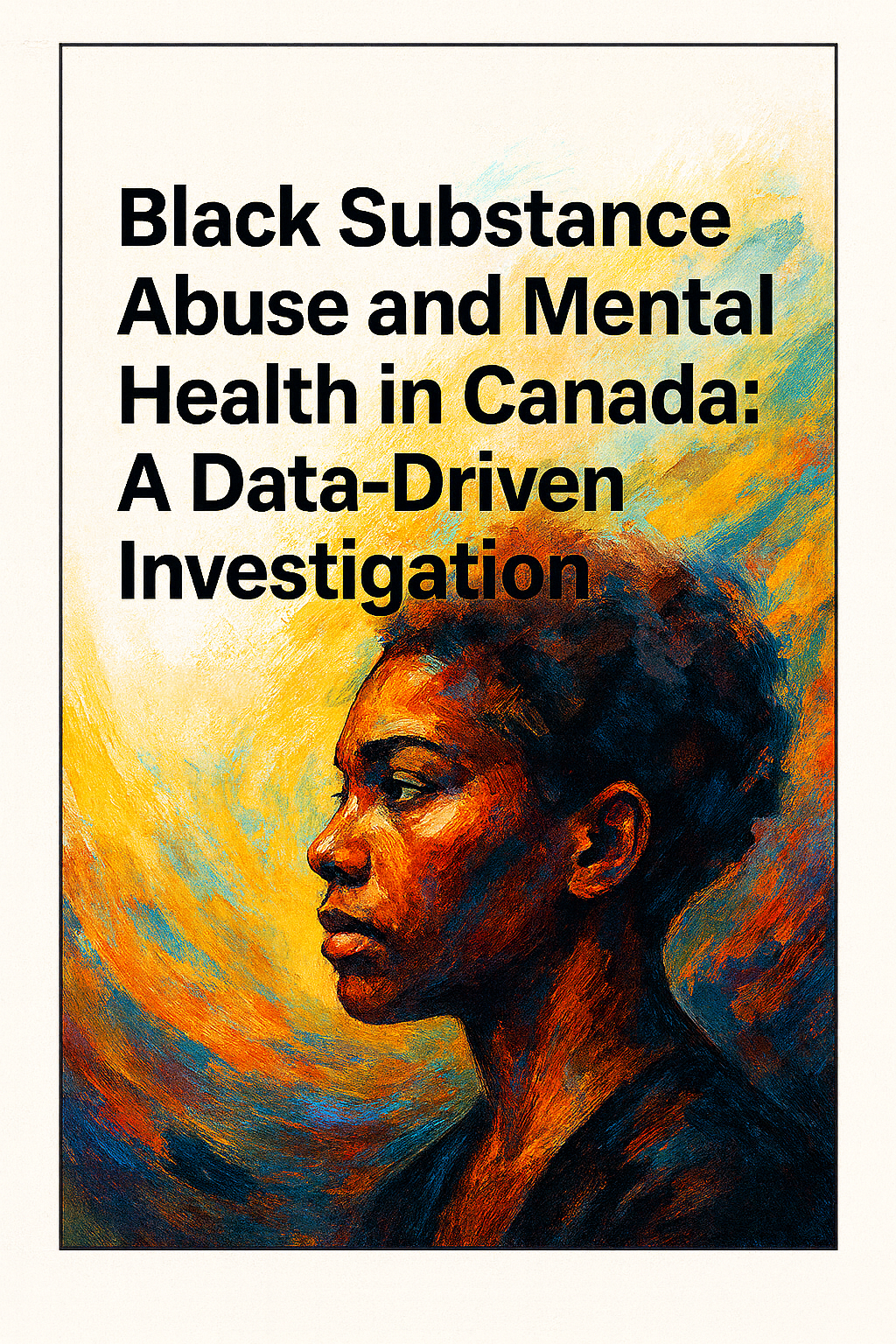Reimagining Racialized Nonprofit Sustainability: Breaking Free from Colonial Funding Models
In a landscape where 160 nonprofits compete for a single $500,000 pot of funding, survival becomes a lottery, not a strategy. For organizations working on the front lines with racialized, newcomer, and disabled communities, this reality is not just frustrating—it is unsustainable.










